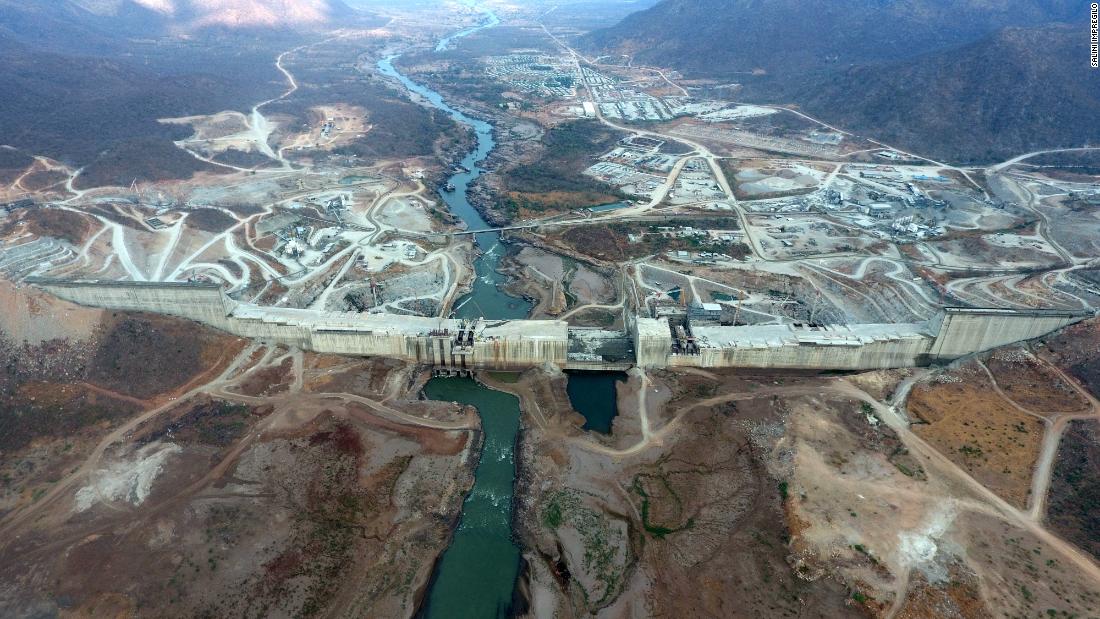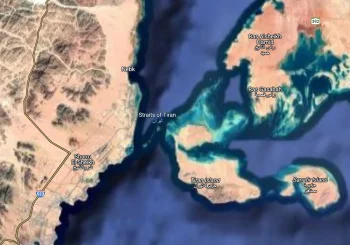Egypt’s Ministry of Foreign Affairs released a statement on Sunday that the meeting on the Grand Ethiopian Renaissance Dam (GERD) failed to reach any conclusions due to disagreements over how to manage and resume negotiations.
The ministry noted that Egypt affirmed its stance during the meeting to engage in negotiations and reach a legally binding agreement. However, Egypt and Ethiopia both reject Sudan’s proposal to expand the role of African Union experts in the negotiations process and finding solutions to the dispute.
Sudan previously expressed concern on resuming negotiations on the process of negotiations, as in a letter sent to the Minister of Cooperation of South Africa, that currently chairs the African Union Commission, Sudan’s Minister of Irrigation and Water Resources, Yasir Abbas, affirmed Sudan’s commitment to continue negotiations under the auspices of the African Union “at any time, if the negotiation methodology has been modified to give a greater role to experts.”
On Friday, Abbas criticized Ethiopia’s unilateral actions to resume filling the dam without reaching tripartite or bilateral agreements, which would result in negative consequences to the Roseires dam located across Sudan’s northern Blue Nile.
In November, the US Treasury released a statement that Egypt, Ethiopia and Sudan have to resolve the Grand Ethiopian Renaissance Dam (GERD) negotiations stalemate by January 15, 2020.
After boycotting talks in mid-November due to disagreements, Sudan and Ethiopia agreed to resume negotiations on December 15.
GERD, a $4.8 billion hydropower project, is set to be completed in 2022 and aims to boost Ethiopia’s economy despite being a crucial point of contention with Egypt for the last eight years.
However, for centuries, Egypt, despite it being the end of the stream, has enjoyed a large share of the Nile’s water as a result of the 1902 and 1929 colonial-era agreement implemented by the British along side a 1959 bilateral agreement between Egypt and Sudan post-independence.
This agreement allocated Egypt 55.5 billion cubic meters of water and granted Sudan 18.5 billion cubic meters.






Comment (1)
[…] Nile Dam — CGTN Sudan voices frustration as latest Nile dam talks stall — AFP Egypt, Sudan and Ethiopia Fail to Reach Final Agreement for GERD: Ministry of Foreign Affairs — Egyptian […]